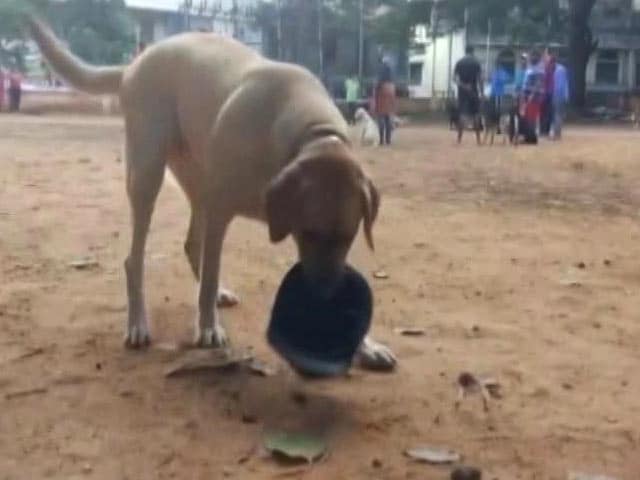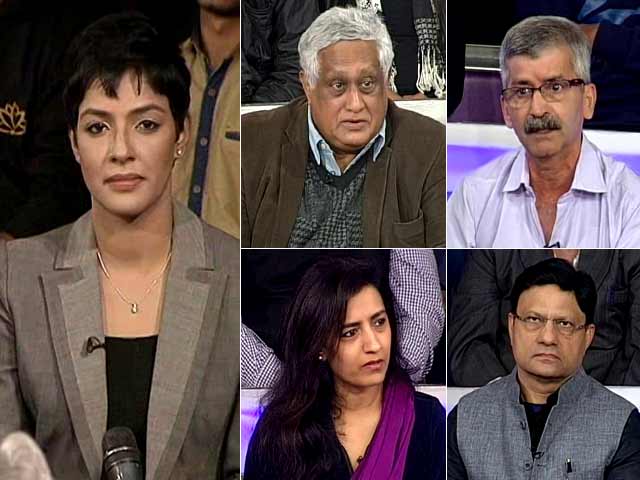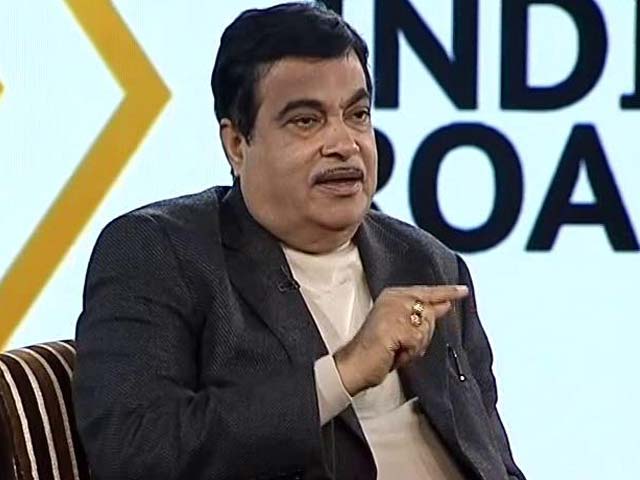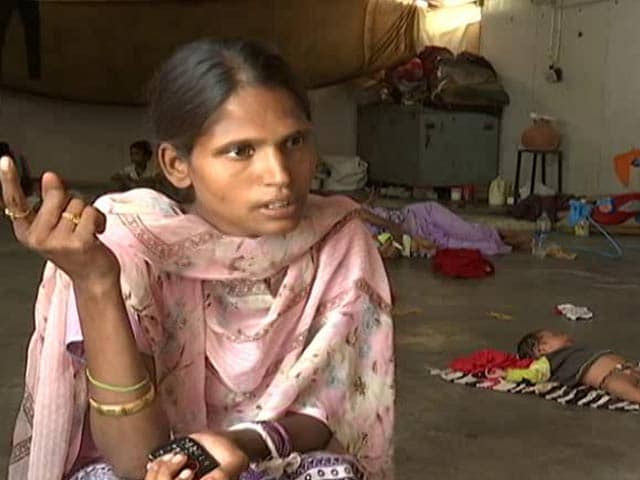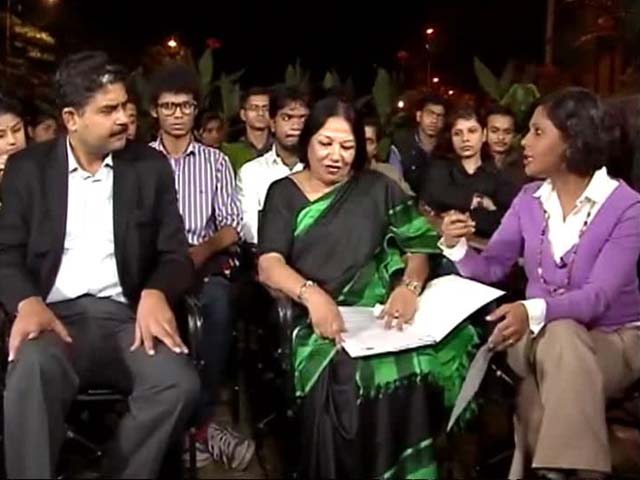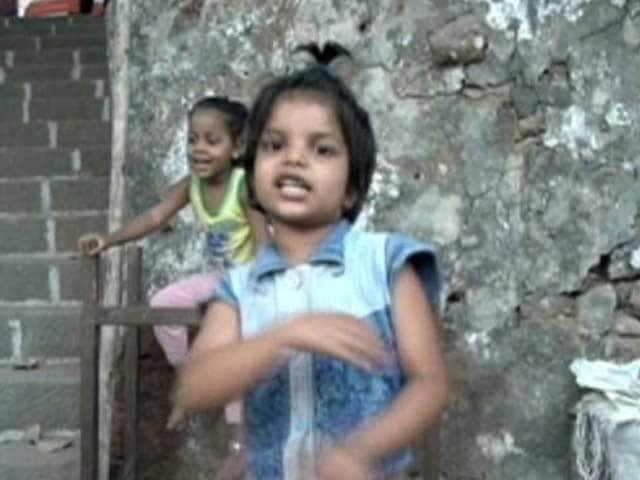The Golden Hour
In the spring of 2007, Delhi-based Piyush Tewari received a call saying that his 17 year-old cousin Shivam had been hit by a jeep. Ten minutes later, he was told that Shivam had died. Shivam was thrown off his bike and seriously injured. He bled profusely for 45 minutes. Hundreds of bystanders watched him, but no one came to his help or even made a phone call. Why? They were either too scared to be tangled in legal hassles or they simply didn't know how to help. By the time he was taken to the hospital by a friend, he was declared dead. Shivam is just one among the several thousand victims who die unnecessarily due to road accidents on Indian streets because they do not receive timely care during that first critical hour after the accident - the Golden Hour. With at least 13 people dying every hour on Indian roads, India has topped the global list of deaths in road accidents. The loss of his cousin was a wake-up call for Piyush who realised the magnitude of the problem. In February 2008, he conceptualised Save Life Foundation - a non-profit that engages the community during road accident emergencies, via basic medical training for bystanders. The Golden Hour is the story of this one man's mission to make a difference by working within the system. Can one man make a difference in facing the monumental task of changing the cultural mindset of 1.2 billion people?





